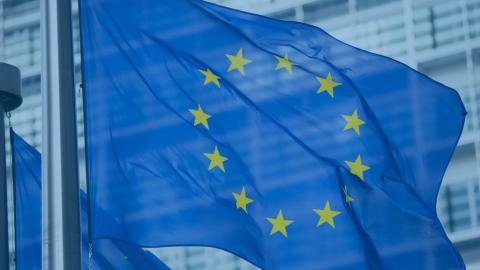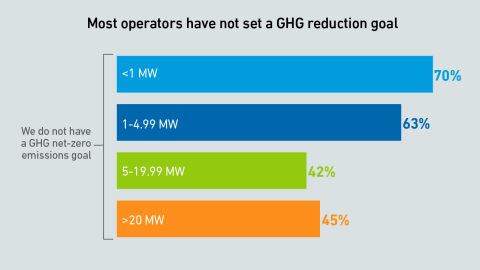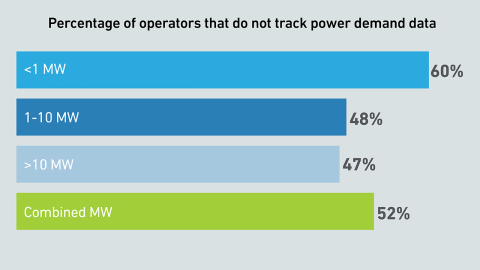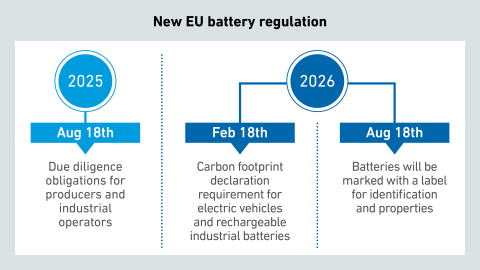The 14th edition of the Uptime Institute Global Data Center Survey highlights the experiences and strategies of vendors, product suppliers, engineering firms, and consultants in the areas of data center spending, customer challenges, supply chains,…
filters
Explore All Topics
Sometime after 2026, the EU is expected to adopt an upcoming version of CENELEC’s TS 50600-5-1 Maturity Model to assess data center sustainability. The current technical specification has some controversial elements.
This report looks at the leading frameworks for carbon reporting with regards to energy attribute certificates (EACs) and Scope 3, including their sector-specific guidance (if any) for data centers.
Electric grids face serious issues largely because of national efforts to reduce carbon emissions and boost electrification. Data center growth will add to these problems — but unreliable data could lead to poor decision-making.
The reporting of IT equipment Scope 1 to 3 emissions across the data center value chain can account for the same emissions up to six times. Sustainability efforts should favor achieving more efficient, less carbon-intensive operations.
This report captures some findings from the Uptime Institute Sustainability and Climate Change Survey 2023, including that more than half of operators are still to set a net-zero emissions goal and less than half compile key metrics.
Uptime Intelligence is inviting interested parties to collaborate on an initiative to improve data sharing between co-hosting / colocation companies and IT operators in order to comply with regulations and meet sustainability goals.
Refrigeration’s history of progress is also a history of environmental concern. Whenever new refrigerants solve a problem, they create further crises down the line — and now history appears to be repeating itself.
The final EED delegated regulation was published on March 14, 2024. Data center operators have until September 15, 2024, to report the required information and key performance indicators to the EU database on data centres.
Data center operators face expanding information and key performance indicator reporting requirements. Standard accounting practices and data exchange processes will help enable the efficient exchange of information.
A lack of clarity surrounds the EED reporting timeline for data center operators. The directive mandates the public reporting of 14 items by May 15, 2024, but member states have yet to publish their reporting requirements.
Industry stakeholders recognize that to truly understand IT infrastructure efficiency, data center operators need to report a facility work per unit of energy metric. Most operators are, however, unprepared to calculate this metric.
The US Energy Information Administration has obtained an order requiring cryptocurrency mining operations to report their energy use. It is likely that traditional data centers will also be required to report energy consumption in 2024.
The arrival of regulatorily mandated, climate-related financial disclosure and operational information and key performance indicators reporting for IT operations in 2024 and beyond requires the Digital Infrastructure industry to reimagine its…
New EU legislation will raise recycling and reporting standards for batteries, regardless of chemistries. Although motivated by battery use in electric vehicles, the regulations also place obligations on data center operators.
 Anthony Sbarra
Anthony Sbarra
 Laurie Williams
Laurie Williams
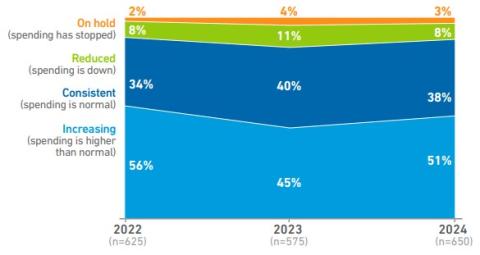
 Tomas Rahkonen
Tomas Rahkonen

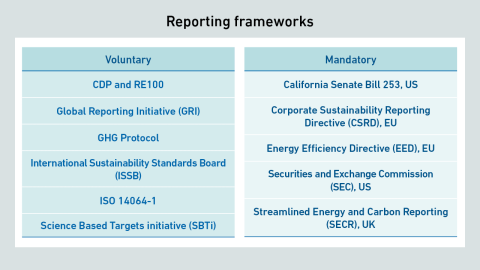
 Peter Judge
Peter Judge
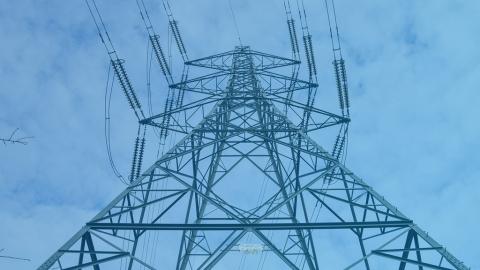
 Jay Dietrich
Jay Dietrich
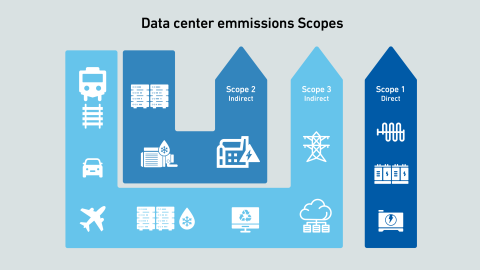
 Douglas Donnellan
Douglas Donnellan
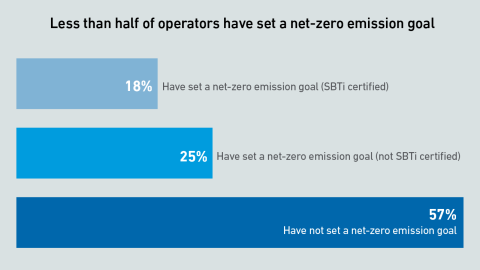
 Andy Lawrence
Andy Lawrence

 Daniel Bizo
Daniel Bizo
 Jacqueline Davis
Jacqueline Davis
 Rosa Lawrence
Rosa Lawrence

